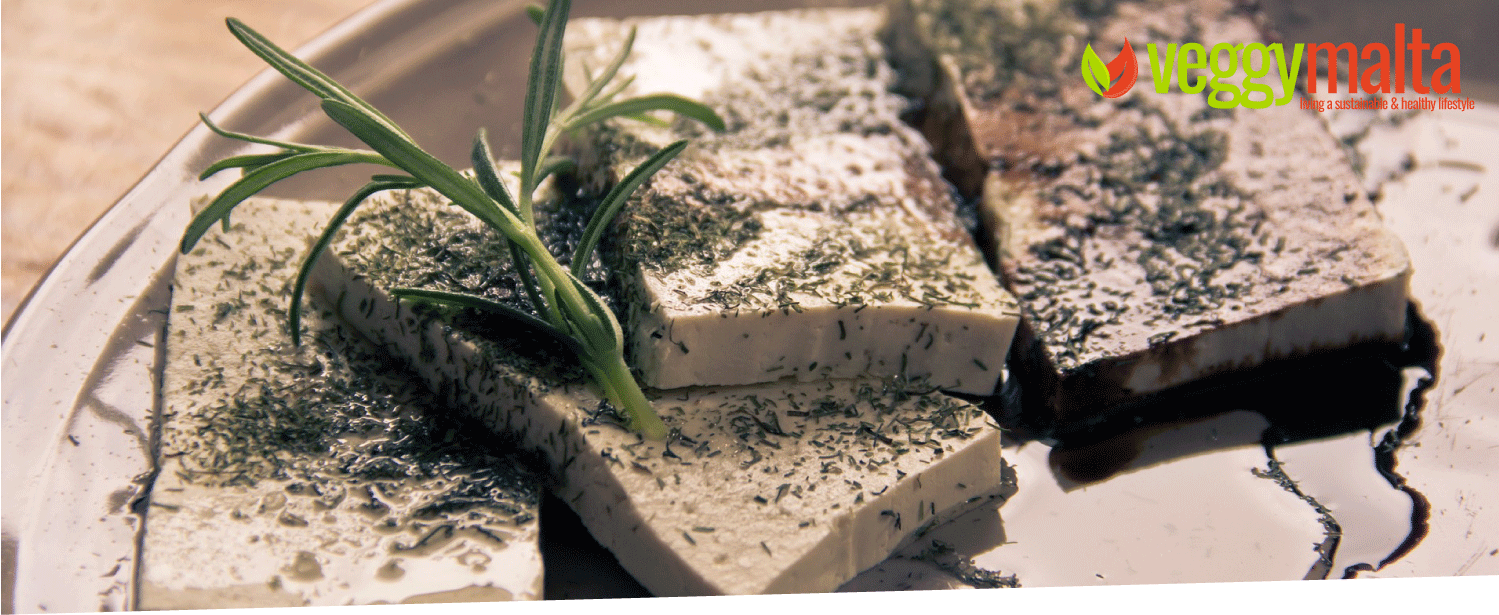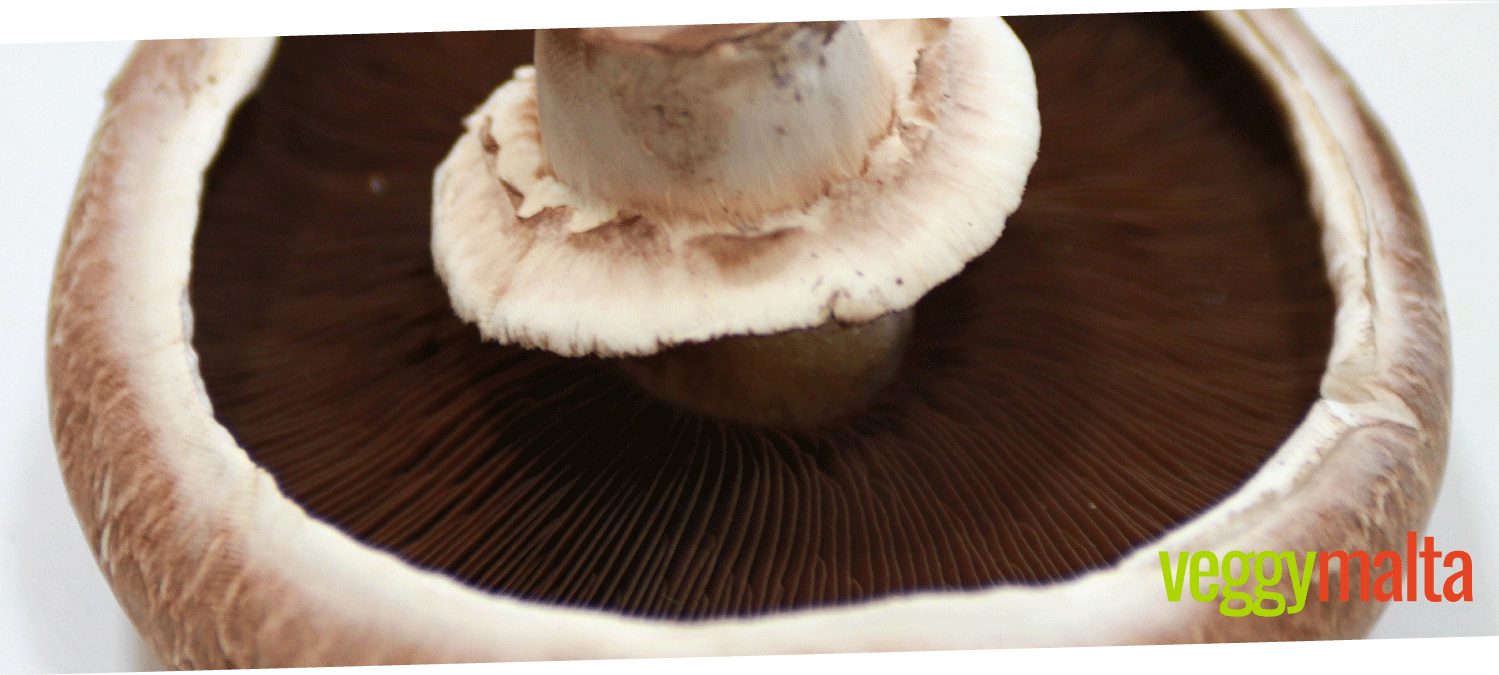Are you getting your daily requirement of Vitamin D? Although you might think that the Maltese shouldn’t have a problem, even in this sunny Mediterranean island, the probability is that we are not getting our full dosage of Vitamin D.
There are common risk factors for vitamin D deficiency [1]:
- Having dark skin.
- Being elderly.
- Being overweight or obese.
- Always using sunscreen when going out.
- Staying indoors.
So how can you get Vitamin D
There are two ways your body can get Vitamin D. On one part you can expose your bare skin to sunlight and on the second part you can take vitamin supplements. In most cases it is thought that we cannot get all the Vitamin D required from food. Boston University vitamin D expert Michael Holick states that the recommended dosage is 1,000 IU a day [2].
Let’s still start with which foods stack up high in this vitamin [3]. Mushrooms, or rather mushrooms grown in UV light or portobello mushrooms are good. Mushrooms that are grown in the dark are not! Interestingly mushrooms are the only fruit or veggie that naturally contains vitamin D. Next you have some orange juices, especially if they are fortified with the vitamin. Milk, be it dairy or non-dairy milk is usually fortified with Vitamin D. This is also because this vitamin helps the body absorb calcium. Egg yolk packs around 40 IUs. Then there is tofu. Tofu and sprouted tofu all are very rich and less than 100 g can provide you with more than a fifth of your daily requirement. Finally, fortified breakfast cereals are another good boost. So a breakfast with fortified cereals and (fortified vegan) milk and a free-range egg can start the day well.
Getting it naturally
Our body is naturally designed to get vitamin D by producing it when our bare skin is exposed to the sun (to UVB ultraviolet B). This is the most natural way for this vitamin intake. In theory, in around 15 minutes a fair skinned individual can get all she/he needs. Though this might take far longer for a dark skinned person [4]. The body can produce large amounts of vitamin D3 in under the time it takes to burn yourself. By exposing large areas of your body like your back, rather than your face or arms you can produce more.
There are some factors that can have an effect on the amount of vitamin D you can get by exposing your bare skin to the sun.
- Time of year and day. When the sun’s rays enter the earth at to much of an angle the atmosphere blocks the UVB, which means no vitamin. This happens between the early and late parts of the days and more in winter. The closer to midday the better it is. Some say that if your shadow is longer than you then you are not taking much vitamin D.
- Your skin type. The lighter your skin is the less melanin you have. Melanin affects the amount of vitamin you can produce by protecting the skin from UVB exposure. So a fair skinned person will need to spend less time in the sun than a darker skinned individual.
- Age. As we get older our skin has a harder time producing the vitamin.
- Altitude. If you are licking the sun on top of a mountain you are churning up more vitamins than if you were sunbathing at the beach.
- Behind glass. Glass will block all UVB so don’t try to get some vitamins whilst driving in the car with the windows closed. Furthermore air pollution soaks up UVB and send it back into space.
Because of all this, and the added risk of the harmful effects of sun exposure, a number of dermatologists recommend using sunscreen and getting your vitamin D from food and supplements [5]. Some studies state that vitamin D3 is better than D2. Vitamin D2 is always suitable for vegans, yet only D3 coming from lichens is suitable [6]. So if you are a vegan or vegetarian you should check that your vitamin D3 supplement is vegan.
If you believe that you are suffering from vitamin deficiency you should immediately consult with your doctor and/or nutritionist.
Disclaimer: The information and content on this site is intended to be of general informational use. It is not intended to constitute medical advice, medical diagnosis, or medical treatment. You should always consult your doctor or other health care professional before making any changes in your diet, exercise pattern or lifestyle.






1 comment
[…] D is found mainly in eggs, dairy and oily fish. For a vegan source, Button and portobello mushrooms and fortified nut milks and cereals are good sources. To reach the daily required amount, large […]